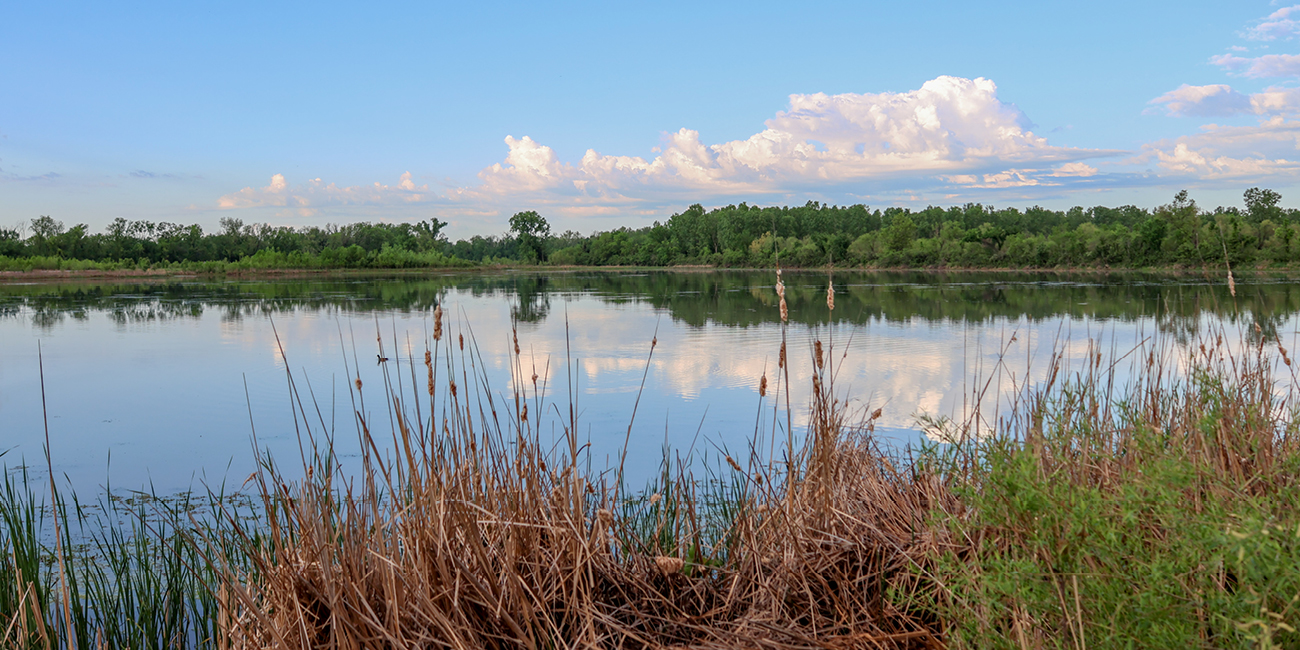May 14, 2025 | News
Official deed indefinitely protects Wetlands solely for educational, research, conservation purposes

The recently secured covenant ensures that the Baker University Wetlands cannot be sold and will remain permanently protected from future development.
Baker University has finalized a restricted deed covenant with the Douglas County Register of Deeds that permanently protects the Baker University Wetlands exclusively for educational, research, and conservation purposes. The deed prohibits future development on the nearly 1,000 acres of highly biodiverse upland and riparian habitat that includes over 600 acres of wetlands just south of Lawrence, Kansas.
Following constructive concerns last year in public discussions about the potential sale and development of parts of the Baker University Wetlands, this formalized, protective covenant is a key milestone for Baker University to ensure that the wetlands are fully protected and future generations can benefit from the diverse habitat and exceptional environment.
“We are thankful for the extensive advocacy efforts from the community, our staff, and alumni who have been extremely engaged and thoughtful through this public engagement process,” said Baker University President Hoot Gibson, who spearheaded the covenant. “We couldn’t be happier with this outcome, which demonstrates the importance of the wetlands to the community, landscape, and region.”
University & Local Community Resource
The Baker University Wetlands is an important ecological asset and extension of the Baldwin City campus community as an educational resource for Baker students and the community. For decades, the Baker University Wetlands has been home to providing unparalleled experiences for faculty, staff, and students, as well as science labs, research projects, and recreational engagement with nature.
“We are thrilled that Baker University has taken proactive steps to protect the Baker University Wetlands in perpetuity,” said Baker University Wetlands Director Andrew Rutter. “The university is committed to education, conservation, and community engagement through our stewardship of this incredible resource that is the wetlands. This is an important step demonstrating this amazing resource being available for generations to come.”
Dr. Roger Boyd, former director of the Baker University Wetlands and longtime biology professor at the university, has played an instrumental role for the past several decades, negotiating development and restoration projects involving the wetlands. Alongside President Gibson, Boyd has shepherded the process to ensure the deed was approved.
“I have been associated with the Baker University Wetlands since it was acquired by my father, Dr. Ivan L. Boyd, when I was a senior at Baker University. Later as a faculty member, hundreds of my biology students experienced the wetlands through activities in classes,” Boyd explained. “It is a valued area for students and the community alike to experience and enjoy the many trails and natural habitat in the area. The restrictive covenant that is attached to the deed will ensure the area is protected in its entirety from any future development that would detract from the mission of education, research, and conservation.”
Last fall, Baker University Wetlands announced a conservation partnership with Ducks Unlimited and the Kansas Alliance for Wetlands and Streams (KAWS) to manage the wetlands and collaborate on the services and care that the area requires. More information and education surrounding the Baker University Wetlands will be available this summer. To stay connected and apprised of wetlands-related news, follow Baker University on YouTube.
About the Baker University Wetlands
One of the most diverse habitats in Kansas, the Baker University Wetlands encompasses 927 acres of rich, natural wildlife. Students, faculty, and nature lovers have identified 288 species of birds, 98 other vertebrate species, and 487 plant species at the Wetlands—and these counts grow with each adventure. Further, this exceptional environment gives students the unique opportunity for increased exploration and education about biological and ecological processes.
